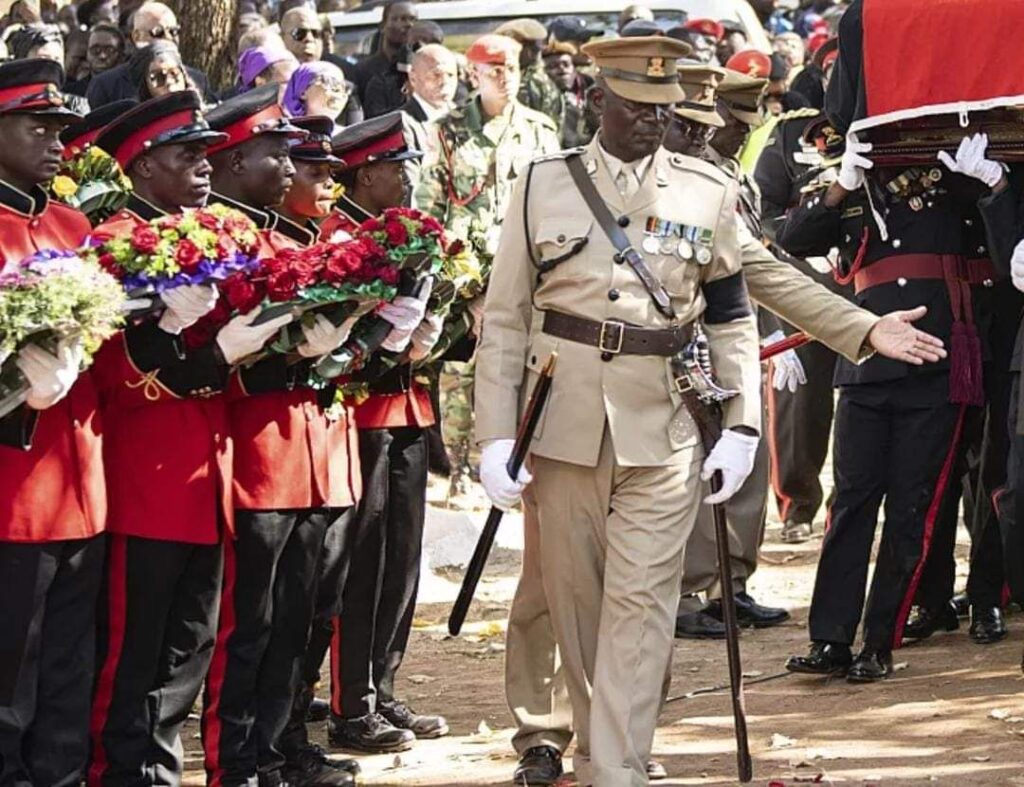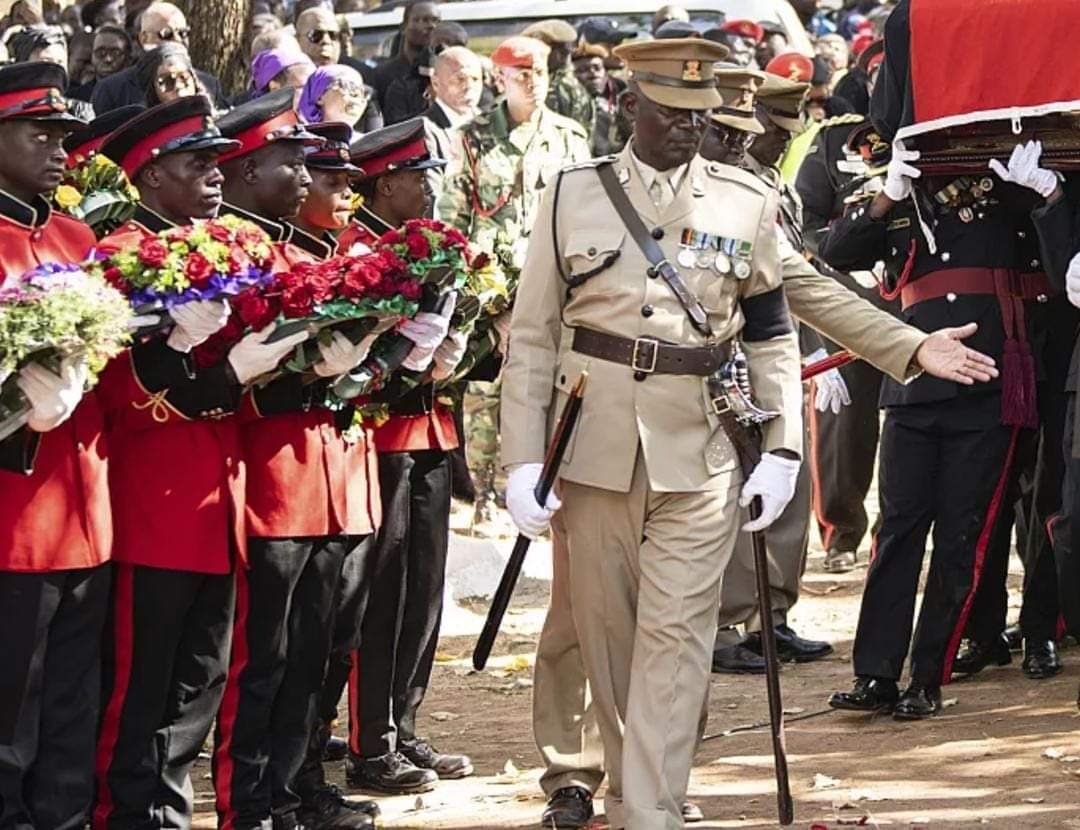By Burnett Munthali
A robust debate has emerged among legal experts and political commentators regarding the protocols for State funerals in Malawi. The discourse centers on the need for clear legislative guidelines to determine who should be honored with State funerals, rather than relying on the discretionary powers of the Office of the President and Cabinet.
Political commentator George Phiri has voiced significant concerns about the current system, suggesting that the decision to grant State funerals appears to be monopolized by politicians. Phiri, speaking on Tuesday’s ‘Kulinji’ program on Times Radio, argued that this concentration of power is vulnerable to abuse. He emphasized that the process lacks transparency and can be influenced by political considerations, potentially undermining public trust.
The debate has been further fueled by contributions from legal professionals and lawmakers who advocate for a more transparent and accountable approach to State funeral protocols. Lawmaker Yusuf Nthenda, also a lawyer, has joined the discourse, echoing the sentiments of other legal experts such as Slyvester Ayuba James and Luciano Mickeus. Nthenda and his colleagues argue that the absence of clear legislative criteria creates ambiguity and opens the door for misuse of authority.
In response to these concerns, Nthenda has pledged to introduce legislation in Parliament aimed at establishing precise guidelines for State funerals. This proposed legislation seeks to define the criteria and procedures for bestowing State funeral honors, ensuring that the process is based on merit and public service rather than political favoritism.
The push for legislative reform reflects a broader call for increased transparency and accountability in how State honors are awarded. Advocates argue that a formalized framework would prevent potential abuses and ensure that State funerals are reserved for individuals who have made significant contributions to the nation. By setting clear standards and procedures, the legislation would provide a fair and consistent approach to honoring deceased individuals.

Moreover, establishing a legislative framework could also enhance public confidence in the process, as it would eliminate the perception of favoritism and political manipulation. This move would align with broader efforts to improve governance and institutional integrity in Malawi.
As the debate continues, the focus now shifts to the legislative process. Lawmaker Yusuf Nthenda’s commitment to introducing a bill on State funeral protocols represents a crucial step toward addressing the current shortcomings. The proposed legislation will need to navigate the parliamentary process, where it will be subject to scrutiny and debate.
The outcome of this legislative effort will likely have significant implications for how State funerals are conducted in the future. A well-defined legal framework could serve as a model for other areas of public honor and recognition, reinforcing the principles of fairness and accountability.
In the meantime, the discussion surrounding State funeral protocols underscores the importance of having clear, transparent guidelines for public honors. As Malawi continues to evolve, such reforms will be essential in ensuring that state functions are carried out with integrity and respect for the contributions of its citizens.



